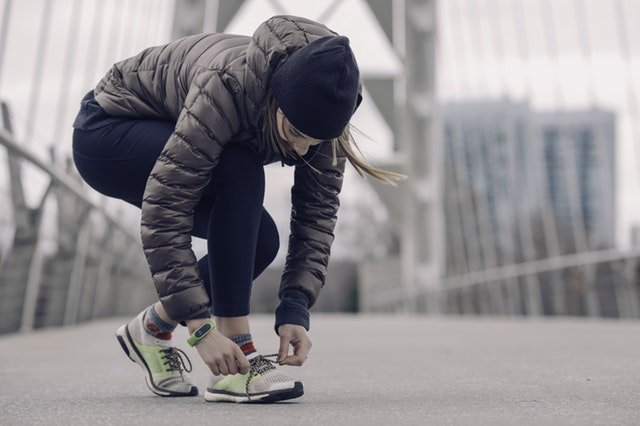
In a recent study, researchers found that when muscles burn more fat and less glucose, exercise endurance can increase.
However, this could simultaneously cause diabetes.
Skeletal muscles, the voluntary muscles, are important in the control of blood glucose in the body.
They use most of the carbs, and if they develop insulin resistance and consequently are not able to use carb, then diabetes likely will develop.
Muscles use glucose (carbohydrate) as fuel when the animals are awake and active and switch to fat (lipid) when they are asleep.
When this natural cycle is disrupted, it might lead to diabetes, but also could improve exercise endurance.
The switch is controlled by a molecule called histone deacetylase 3, or HDAC3.
This changed the muscles’ preference from glucose to lipids and allowed them to burn lipid very efficiently.
This explains the high endurance, because the body carries a much larger energy reservoir in the form of lipid than carb.
The current finding challenges the widely-used carb-loading strategy for improving endurance performance.
The researchers believe that the finding opens the possibility of selecting the right time to exercise for losing body fat.
But the finding also raises the concern of using HDAC inhibitors as doping drugs for endurance exercise.
The finding is also linked to the body’s internal clock.
Although these studies were done in mice, the researchers speculate that human muscles most likely will follow the same cycle.
The study opens the possibility of promoting body fat burning by increasing exercise activity during the periods in which muscles use lipid, which is at night for people.
The researchers explained that how the muscle uses glucose is regulated by its internal circadian clock that anticipates the level of its activity during the day and at night.
The body clock works by turning certain genes on and off as the 24-hour cycle progresses. HDAC3 is a key connection between the circadian clock and gene expression.
They also said that switching muscles from using carbohydrates to lipids could increase exercise endurance, especially for low-intensity exercise.
Losing body fat would be easier by exercising lightly and fasting at night. That is why it’s not a bad idea to take a walk after dinner.
The study appears in Nature Medicine.
Copyright © 2018 Knowridge Science Report. All rights reserved.
Source: Nature Medicine.



